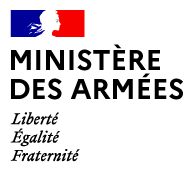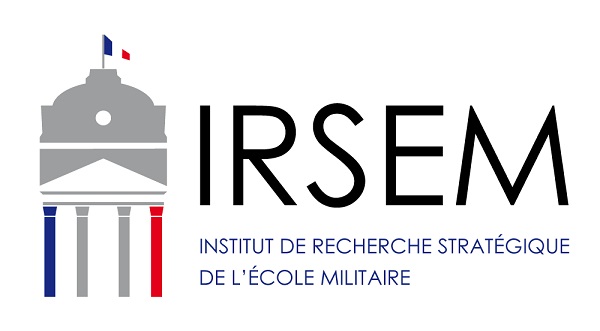On March 16th, IRSEM organised a conference on women in strategic expertise at the École Militaire. In partnership with the Fondation pour la Recherche Stratégique (FRS), the Institut de Relations Internationales et Stratégiques (IRIS), and the French branch of the Women In International Security (WIIS) network, IRSEM wanted to engage in a collective discussion and underline its commitment to achieving gender equality. As Marjorie Vanbaelinghem (Director of IRSEM) reminded us in introducing the conference, time alone cannot resolve the existing imbalances, thus highlighting the need to collectively question our way of producing knowledge and commit to bold goals to support the integration of more women in the field of security and defence studies. Thus, IRSEM is committed to systematically achieving gender balance in the events it organises, increasing the representation of women in the Institute's communication, paying particular attention to gender balance in recruitment processes and, in the long term, empowering women in male-dominated sectors, such as the defence sector.
The first round table was moderated by Captain and Doctor Camille Trotoux (IRSEM) and aimed at evaluating the gender gap in the field of strategic studies. Jean Belin, Director of the Chair of Defense Economics at the Institut des hautes études de défense nationale (IHEDN) outlined the inequalities that persist in the academic world and the structural factors that may explain them. Nathalie Pilhes, currently a delegate to the UN country plan "Women, Peace and Security", shared her experience in the public sector since she started her career in 1989. Finally, Delphine O, Ambassador and Secretary General of the Forum Génération Égalité, discussed the benefits of having more women on boards and in management positions, both in the public and private sectors. The three scholars agreed on the fact that there is little progress in terms of parity in upper management and executive positions. According to Ms Pilhes, the decision-making power in the Ministries of the Armed Forces and the Interior, as in many interministerial services, remains in the hands of men. A similar observation was made in think tanks and academia, despite real efforts to close the gender gap in other sectors. Security and defence are still male-dominated fields. However, as Delphine O, Ambassador and Secretary General of the Forum Génération Égalité, argued, equality is worth fighting for, not only because it is a key democratic issue, but also because it is a vector of economic performance and scientific richness. As a matter of fact, diversity is an asset as equal participation helps to deliver rich and in-depth studies considering a variety of perspectives.
The second round table looked at the visibility and role of women experts and researchers in think tanks, international forums and the media. Héloïse Fayet, member of the Board of Directors of WIIS France, moderated the discussion between Marie-Cécile Naves (sociologist and political scientist, research director and director of the Observatoire Genre et Géopolitique of IRIS) and Anna Mélin (Project Manager, Les Expertes). The guests first tackled the issue of obstacles to women experts speaking out in the media, a subject on which Ms Naves noted "enormous progress over the last ten years". Indeed, progress has been made when it comes to women’s participation in political, geopolitical and economic debates, themes that were traditionally considered “masculine”. However, the latest figures from the Audiovisual and Digital Communication Regulatory Authority (ARCOM) on the representation of women on television and radio reveal that female experts are still outnumbered in the three most covered topics, starting with international affairs (62% male experts) and societal issues (57%). In order to account for these numbers, Héloïse Fayet recalled that the environment for discussion is often unwelcoming for women, Moreover, the conditions for democratic debate have deteriorated in recent years as a result of an "economic model of clash" which sometimes leads guests to cut off and shout. On the one hand, Anna Mélin advises women seeking to be more confident and assertive to take part in media training. On the other hand, Marie-Cécile Naves describes a double movement: as women ``dare" to take more space than they are traditionally given, they push those who used to enjoy the exclusivity of expertise to share the space of the debate. In conclusion, while women's voices are making progress in all arenas of discussion, society must remain vigilant and counter any attempt to turn back the clock.
Ms Sarah El Haïry, Secretary of State for Youth and Universal National Service delivered the speech to conclude the conference.
Read IRSEM's mission statement here (FR)





